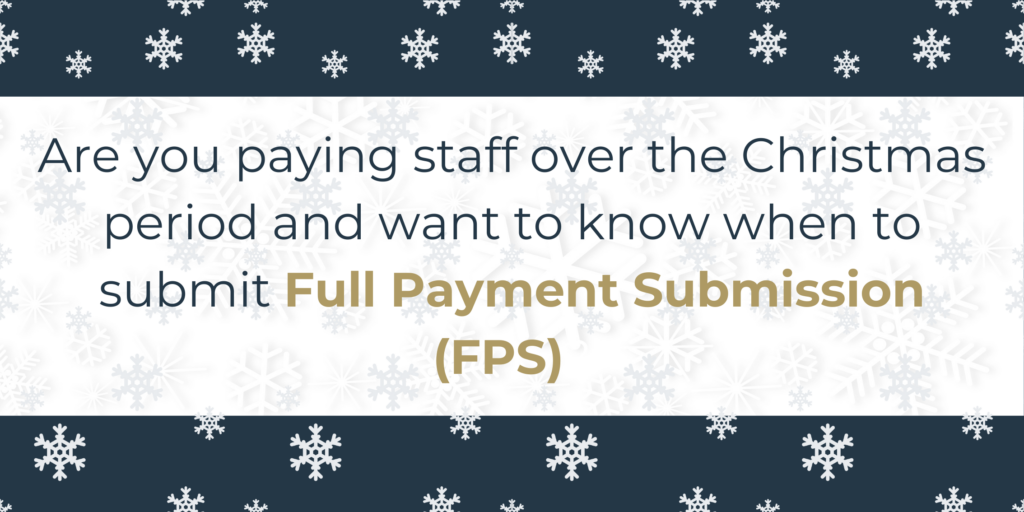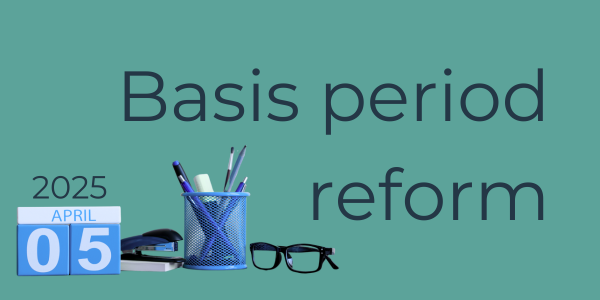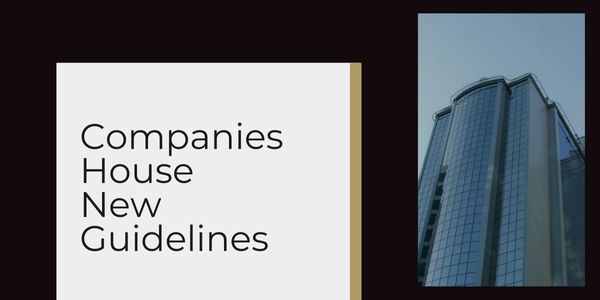Why Use a Qualified Chartered Accountant?
If you’re looking for an accountant, you’ve probably come across the phrase ‘Chartered Accountant.’ While this might not sound like a big difference, you should take the time to understand the benefits of using a qualified chartered accountant over a ‘normal’ accountant.
There are many accountancy qualifications available to anyone wanting to enter into the profession, however, it may surprise you to know that legally anyone can call themselves an accountant even if they do not hold any qualifications or relevant experience.
Contrastingly, a chartered accountant, like Perrys Accountants based in London and Kent, is recognised as being a specialist in accountancy and business advice having passed specific qualifications and becoming a member of a professional body.
This gives you several key benefits including assurance in their expertise and the ability to advise on more complex or specialised matters
What is a Chartered Accountant?
A Chartered accountant by comparison is someone who has passed a wide range of exams covering subjects such as financial management, financial performance, business analysis, auditing and taxation alongside three years of practical experience in a suitably authorised firm of accountants.
This allows them the specific accreditation of chartered status. They are highly qualified and experienced in their profession. In addition to this, a charted accountant will also be a member of a professional body such as the Chartered Institute of Management Accountants (CIMA), the Association of Chartered Certified Accountants (ACCA) or the Institute of Chartered Accountants in England and Wales (ICAEW).
The status is a benchmark showing the skill, knowledge, experience, and commitment to the financial and business industry. Naturally, you will find chartered accountants working for accounting firms and independent sole traders, along with large-scale businesses often in influential positions.
What does a Chartered Accountant Do?
The expertise of a chartered accountant allows them to handle a wide range of financial and business functions.
They can handle the normal range of accounting services such as tax returns, VAT, and payroll. On top of this, they offer expert advice and practice on more complicated financial and business matters such as:
-
Corporate finance – acquisitions, sales, mergers.
-
Business financial management – cash flow forecast, fund management, audits.
-
Business strategy.
-
Personal finance advice.
-
Forensic accounting in areas like commercial fraud.
The exceptional experience can give advice on matters a regular accountant has no proven knowledge about. Often, a chartered accountant will have an area of specialisation within particular fields like assurance, estate planning, commercial finance, or internal audits.
What is the Difference Between an Accountant and a Chartered Accountant?
Legally speaking, anyone can become an accountant without the need for specific qualifications or accreditation. Although, you still have to follow the Financial Reporting Council (FRC) Governance and Stewardship Codes. This is an independent regulatory body in the UK and Ireland for auditors, accountants, and actuaries.
With this in mind, it is important to know you can trust where and who you get your advice from. It is always critical to use a qualified accountant to ensure your affairs are correct and lawful.
There are a large number of risks in using an unqualified and unregulated accountant for your business or personal affairs including:
-
Missed deadlines
-
Mistakes and errors
-
Unprofessional behaviour
-
Increased monitoring by HMRC
While a ‘normal’ accountant does not require any specific qualifications, a charted accountant must pass a set of exams plus have at least 3 years professional experience before gaining accreditation. In addition, they are required to undertake a continuing level of professional development annually, including, where relevant, tax and auditing courses. This means you can be sure practices are up to date with current changes in legislation and can give you the most relevant and current advice.
So choosing a chartered accountant gives you peace of mind that your advisor is knowledgeable and experienced in a wide range of financial matters including financial management, auditing, business strategy, and taxation.
By using a Chartered accountant you know you are in safe hands as we are bound by a strict code of professional ethics and professional standards which will filter through to all the firm’s policies and procedures including quality control, a complaints procedure and professional indemnity insurance. A Chartered firm of accountants is subject to monitoring by and reporting to their professional body to ensure that these high standards are being met.
How do you Find a Good Chartered Accountant?
The best way to find a reputable chartered accountant is to use professional bodies, ICAEW, CIMA, or ACCA. On these websites, you can find members based on specialism and location.
Perrys is a Chartered firm of accountants regulated by the Institute of Chartered Accountants in England and Wales (ICAEW) so if you were to instruct Perrys as your accountant you know you will receive the most appropriate advice and service for you.
If you would like to discuss how Perrys can assist in your personal or business affairs please contact your nearest Perrys branch.








